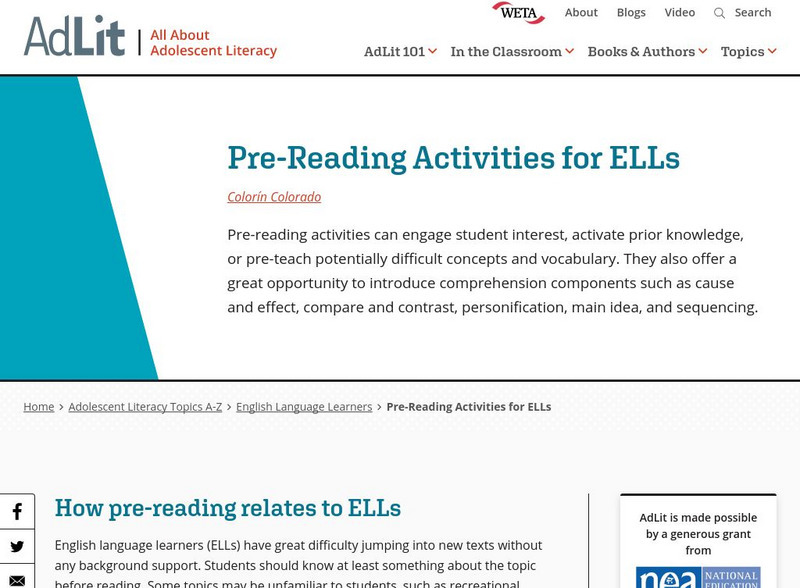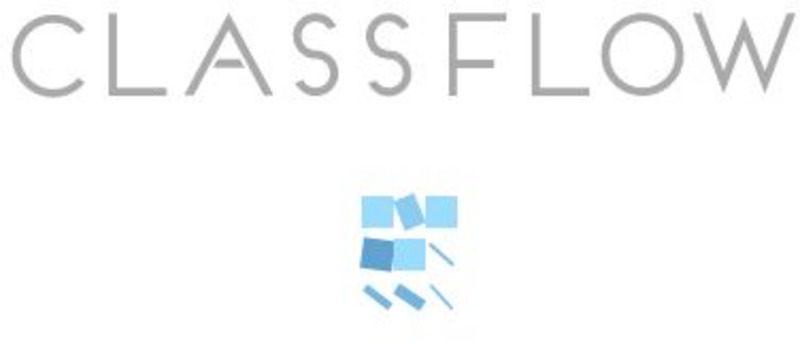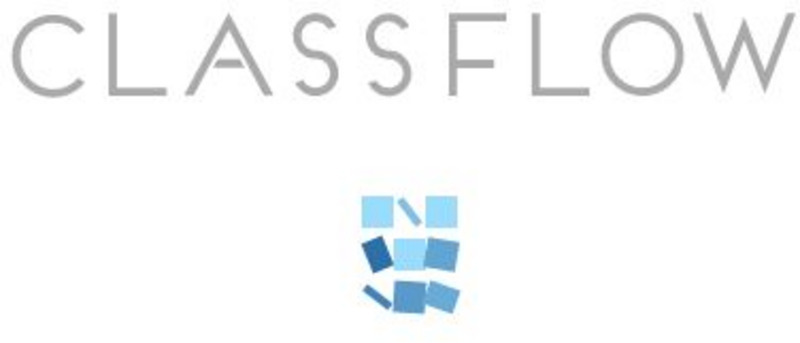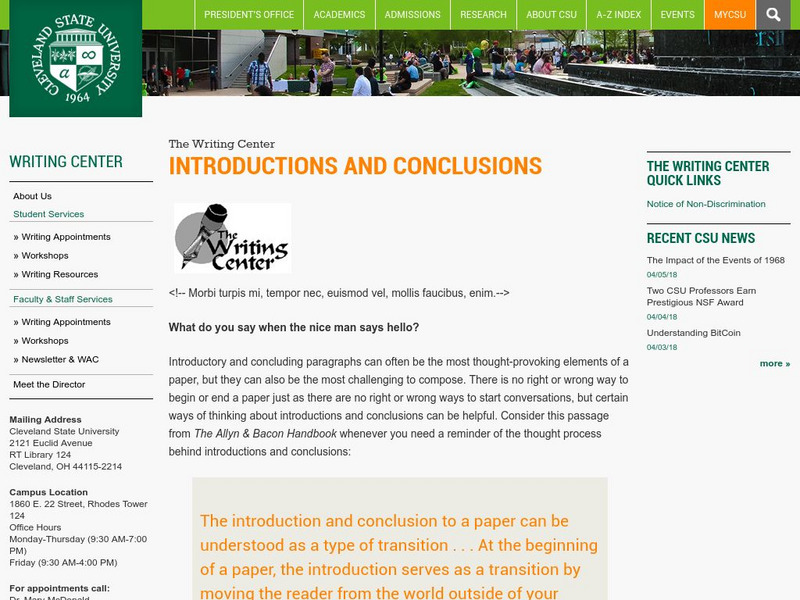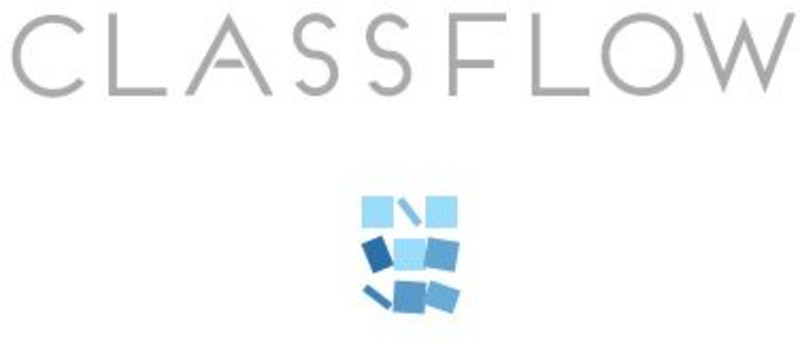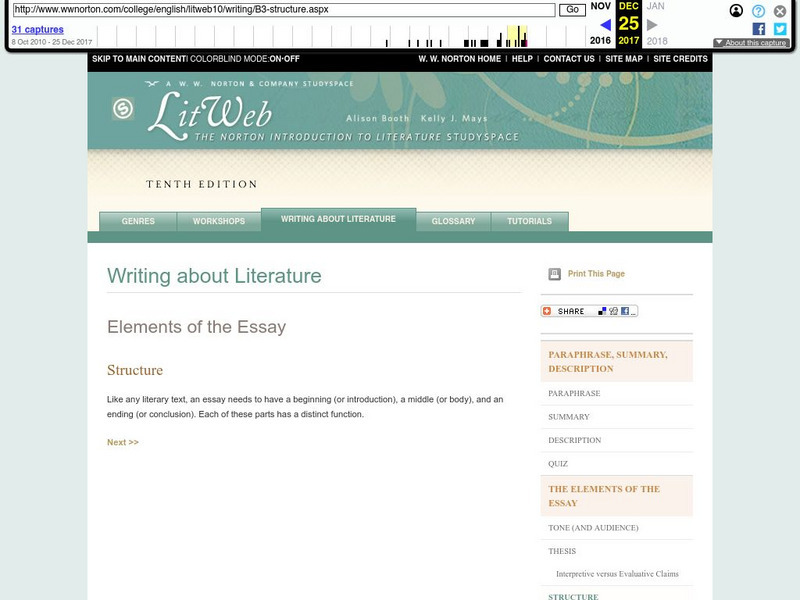Hi, what do you want to do?
Khan Academy
Khan Academy: The Sat Reading Test: Information and Ideas
The Information and Ideas category of the SAT Reading Test includes questions that focus on what the passage says (directly or indirectly). To interpret the author's message, you'll need to consider both what's stated and what's implied...
Louisiana Department of Education
Louisiana Doe: Louisiana Believes: Ela Guidebooks: Accountable Talk
This strategy helps students refine their understanding of texts to meet reading expectations, engage in group conversations to meet speaking and listening expectations, and prepare for writing about texts.
Louisiana Department of Education
Louisiana Doe: Louisiana Believes: Creating Text Sets for Whole Class Instruction
Learn what makes a strong English language arts (ELA) curriculum by creating text sets for the whole-class instruction.
Louisiana Department of Education
Louisiana Doe: Louisiana Believes: Guide for Determining Text Complexity
An educator's guide to help determine the level of text complexity.
AdLit
Ad lit.org: Classroom Strategies: Semantic Feature Analysis
The Semantic Feature Analysis strategy engages students in reading assignments by asking them to relate selected vocabulary to key features of the text. This technique uses a matrix to help students discover how one set of things is...
AdLit
Ad lit.org: Classroom Strategies: Story Maps
Story Maps are used for teaching students to work with story structure for better comprehension. This technique uses visual representations to help students organize important elements of a story. Students learn to summarize the main...
AdLit
Ad lit.org: Multiple Texts: Multiple Opportunities for Teaching and Learning
Engaging all students in a themed study or unit is a challenge that teachers can resolve by using materials that match students' independent or instructional reading levels (Robb 1994, 2000). When students face textbooks that are above...
AdLit
Ad lit.org: Pre Reading Activities for El Ls
Pre-reading activities can engage student interest, activate prior knowledge, or pre-teach potentially difficult concepts and vocabulary. They also offer a great opportunity to introduce comprehension components such as cause and effect,...
ClassFlow
Class Flow: Plot and the Most Dangerous Game
[Free Registration/Login Required] This flipchart teaches students about plot and gives examples from short story and also highlights vocabulary.
ClassFlow
Class Flow: Story Elements
[Free Registration/Login Required] This flipchart defines the elements of a story: character, setting, theme, and conflict.
Tom Richey
Slide Share: Distinguishing Main Ideas and Supporting Details
This downloadable slideshow focuses on main ideas and supporting details including definitions, identification, and practicing with paragraphs. RI.9-10.2 central idea/summary
Other
Cleveland State University: Introductions & Conclusions
Briefly explains how the introduction and the conclusion work together. Then gives bulleted lists dealing with the introduction and conclusion separately. The conclusion list explains how to make a conclusion go beyond a mere summary...
Annenberg Foundation
Annenberg Learner: Literature: Constructing Plot
This site has an explanation of the elements of a plot with clear examples. Click on "What goes into plot" for more information.
Sophia Learning
Sophia: Emphasis: Repetition
This lesson discusses how to add emphasis through repetition. This tutorial lesson shares a short slideshow with the lesson's content.
Sophia Learning
Sophia: Setting and Conflict
This lesson explains the relationship between setting and conflict in fiction writing.
ClassFlow
Class Flow: Graphic Organizer Spider Graphic
[Free Registration/Login Required] This graphic organizer provides a webbing framework for students to analyze the main idea/theme and supporting details of a reading passage or historical event. A template for students to follow is given.
Other
Live binders.com: Reader and Task Considerations
Reader and task considerations including Cognitive Capabilities, Reading Skills, Motivation and Engagement with Task and Text, Prior Knowledge and Experience, Content and/or Theme Concerns, Complexity of Associated Tasks.
Quizlet
Quizlet: Theme (Implicit vs. Explicit): Match
In this interactive, students match the terms related to theme with their definitions.
Quizlet
Quizlet: Theme (Implicit vs. Explicit) Flashcards
This interactive flashcard activity focuses on the terms implicit and explicit in reference to themes, including definitions and formulas.
Other
Thoughtful Learning: ccss.ela literacy.rl.8.9
Use the following resources to teach students how to analyze a modern work of fiction that draws on themes, patterns of events, or character types from myths, traditional stories, or religious works such as the Bible, including...
W. W. Norton
W.w. Norton & Company: Elements of the Essay: Structure
Click through an overview of how to structure an essay, including the introduction, body, and conclusion. Use the list on the right side to learn all of the elements of an essay.










